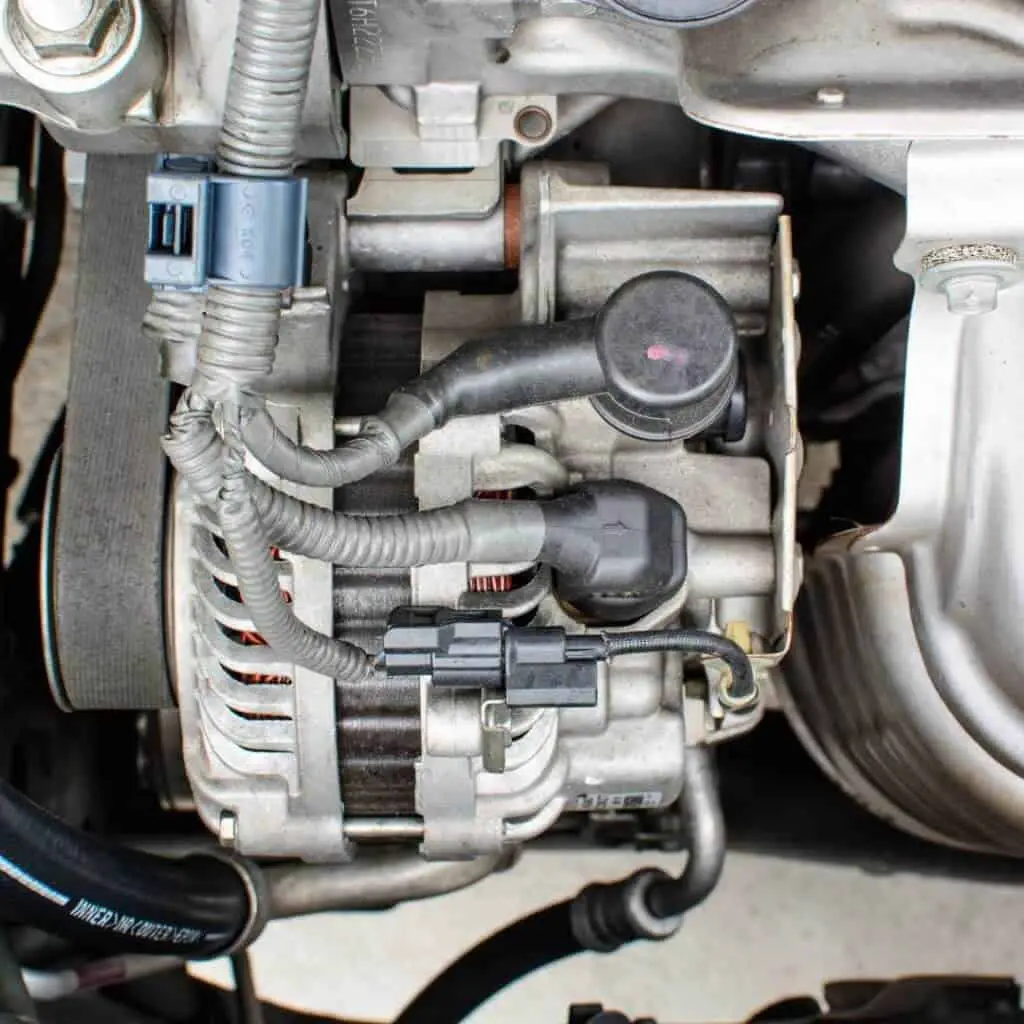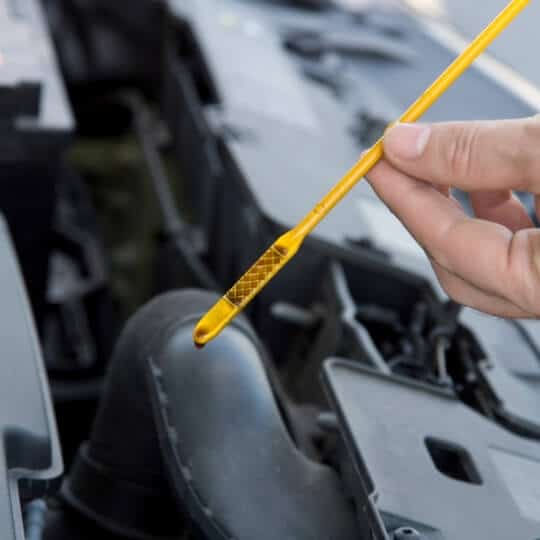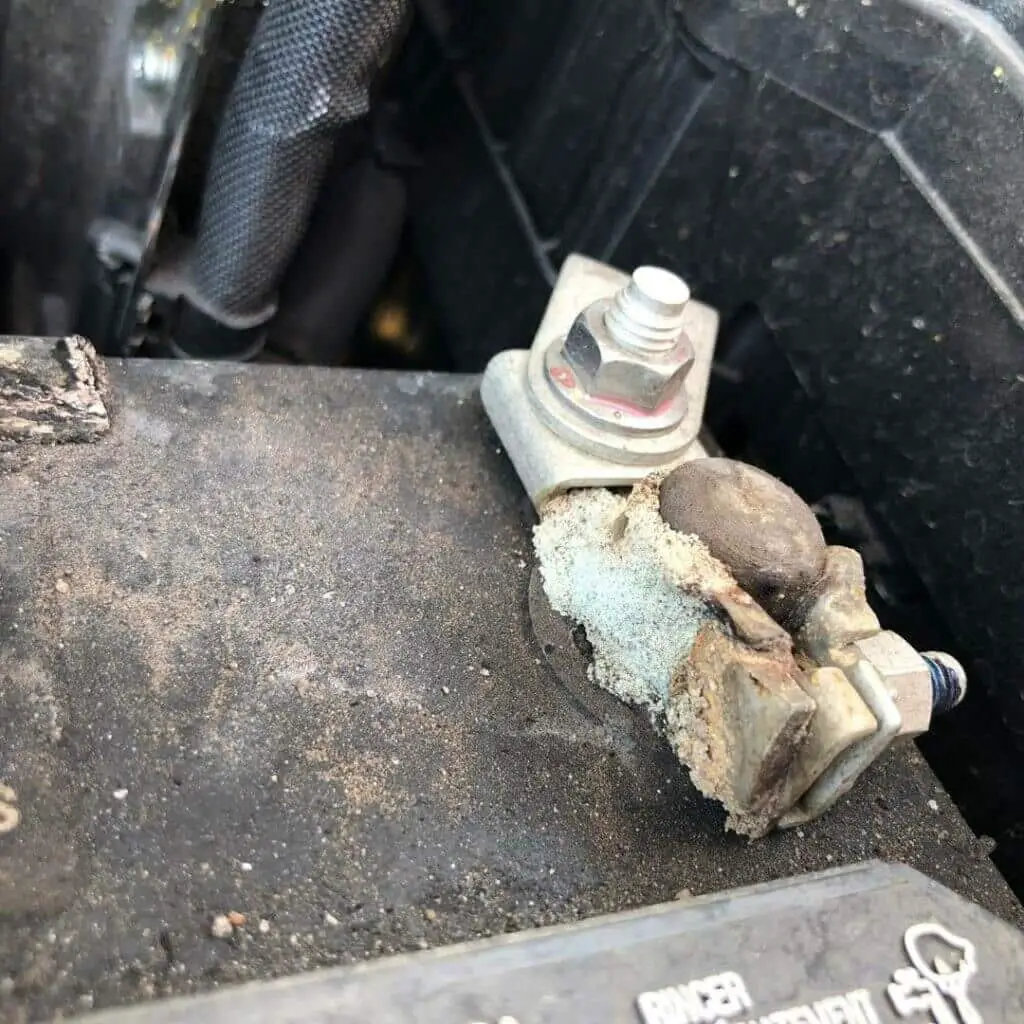During the summer months, morning could be cold sometimes. This trigger another question: ” Should I warm up my car in the summer? ”
There are many debates about this subject, and many drivers have different opinions. In general, you should not warm up your car in summer, but there are some exceptions.
Let us find out more about this subject in the following explanation.
Should I warm up my car in the summer?

Some people believe they should warm up a car in summer before they start driving it.
This practice might be a good choice if you live in certain places where the weather conditions are specific. For example, you may live in areas that have cold nights and sunny days. In these conditions, you can experience problems with your car if you do not warm it up.
If the weather conditions are specific, you can consult your mechanic when it comes to car maintenance. Ask them whether you should warm up your car or not. If they believe this practice is good, apply it to your vehicle. Do this only if someone reliable suggests that you should warm up your car in summer.
This is very dependable on the weather conditions that you live in. All other situations are very clear. You should not warm up your car in summer. This is because you can do more damage than good.
Some of the most important reasons why you should not warm up your car are listed below:
- Financial aspect: We all know how expensive fuel has become over the years. We pay a high price for the fuel, and we burn it easily when we warm up our cars. An average car burns half a gallon per hour, and this can have a significant financial impact on all drivers who prefer idling their cars.
- Engine problems: When you idle your car for extended periods, you put much pressure on your car engine. Most engine components are affected. You notice that cylinders, spark plugs, and emission systems start deteriorating. In these situations, you can expect that you must pay much more money for engine maintenance.
- Health-related problems: Your car engine releases many chemicals that affect your health. This is specially dangerous when your car is working in closed garage. There are emissions of gasses that can be very dangerous. If you inhale these gases when you idle your car, you can cause many problems. Asthma, cancer, and lung diseases are the most common problems that can occur if you inhale gasses from your vehicle.
- Environmental impact: The exhaust system in your car is emitting many pollutants into the air. Some gasses and pollutants are very dangerous to the environment. That is why even short periods of warming a car can have a huge impact. You should be aware of this problem whenever you want to idle your vehicle. [1]
It is good to know that all these important car use aspects are relevant in all conditions. No matter if it is summer or winter, the pollution and engine problems are the same. For all these reasons, you should limit the warming up of your car.
Are there any benefits of warming up your car?

There are certain benefits of warming up your car in specific conditions. For example, in summer when temperature is high enough, you should not warm up your car. On the opposite side, in winter, you should warm it up.
To get the idea of why your car warming depends on weather conditions, you need to know a few technical details.
In the cars that were produced before 1995, many cars were made with a carbureted engine. This kind of engine has a specific composition. [2]
It consists of components that allow the fuel to enter the engine chambers. It all happens with the help of a carburetor.
A carburetor is a mechanical component with a specific function in a vehicle. It supplies a mixture of air and fuel to the engine. In this manner, there is more powerful combustion. The air and fuel combine, and these two components create an effective mixture.
When you warm up your car, you improve the overall combustion. But, at the same time, there are improvements in fuel economy and performance.
Your engine’s cooling system uses a specific characteristic of a thermostat to warm up a car. In most cars, a thermostat maintains the most efficient temperature inside the system. The temperature is around 200 degrees Fahrenheit. When the system reaches this temperature, it is when the fuel vaporizers in the best way.
There are also some additional benefits of warming up your car. These are better hydraulic efficiency and improved lubrication. In addition, when you put engine oil inside your vehicle, it serves as a perfect lubricant.
The car also uses automatic transmission fluid (ATF), which behaves as an additional lubricant. It is an adequate hydraulic fluid as well. [3]
You should not be afraid of cold temperatures if you have enough oil and ATF in your car system. These liquids behave well in cold conditions. However, these components flow better if you warm up your car and increase the working temperature.
Warming up your car is important in winter, but not in summer. So if you want to experience the best benefits of warming up, you should warm up your car before you start driving in the morning.
By acting in this way, you prevent problems with your engine. You also increase the longevity of your combustion system.
How long should I warm up car in the morning?

This question requires a little bit longer explanation. If you wonder how long should you warm up your car in the morning, you should consider a few factors.
First of all, you should consider your car make. Secondly, it is important to know if your vehicle has a carbureted engine. In the end, you should know if your car has temperature sensors.
All of these factors are significant when you wonder whether you should warm up your car or not.
However, if you and your mechanic agree that you should warm up your car in the morning, the options are simple. First, you should spend at least 30 seconds warming up your vehicle.
The optimal time is one minute. During this minute, the car components will warm up. At the same time, you will have your car fluids running through the system.
We mention cars with carbureted engines here because these engines are special. They require warming up, which is why you should pay more attention to these vehicles. If you own a car with a carbureted engine, make sure that you warm up the car for more than a minute.
You will need a few minutes to reach an adequate temperature. At the same time, you will need to look for the proper oil that you need to put in the car. It is very important to keep the car system adequately lubricated.
If you drive a newer car with modern components, things are different. Modern cars come with air pressure sensors, temperature sensors, coolant sensors, and many more functions. You can save a lot of time and money with these details.
Modern vehicles will suggest whether you need to warm them up or not. The sensors will show you the most important details, and you will know the essentials. If you drive a modern car, you may not need to warm it up.
Nowadays, cars are adequately equipped to sustain harsh weather. Therefore, cold and hot temperatures cannot affect their driving abilities. That is why you can drive your modern car without needing to warm it up.
Read Also: How Long Does Oil Last In A Car When Not Driven
What happens if you don’t warm up your car before driving?

If you do not warm up your car before driving, you may experience certain problems. But, again, it all depends on your car and the climate you live in.
If your car has a carbureted engine, you should warm up your vehicle. However, if your car has modern fuel injection properties, you do not need to warm up your vehicle. [4]
Therefore, you may think about other details that can cause harm if you do not warm up your vehicle.
When you put the specific oil in your car system, you can notice that your car behaves differently. For example, it can become louder, or it can run smoothly. It all depends on the type of oil you put in.
When the temperatures outside are low, the oil and other fluids inside your car can change its structure. As a result, these fluids can become thick, and this may cause problems.
To avoid complications, you should warm up your car for at least 30 seconds. This practice will warm up the engine oil and lubricate the engine parts more effectively.
At the same time, you will warm up other car parts that are important inside the vehicle.
If you do not warm up your car before driving, the cylinder and piston inside the engine will progressively damage. These parts are very important, ensuring the engine works smoothly.
Other problems may occur if you do not warm up your car. Oil dilution can affect the entire vehicle, which could be a huge problem. This happens when your car runs rich with gas.
No matter which car you have, it is good to warm it up before driving when it is cold. It could be 30 seconds or one minute. This warming up can save your car engine and other car parts.
Read Also: Range Rover Coolant Level Low
Conclusion
You should warm up your vehicle for a small amount of time in winter conditions. Warming up is not important if you own a modern fuel-injection engine car. However, warming up is necessary if your vehicle has a carbureted engine.
However, warming up your car in summer is not needed. It is because the engine is already warm and does not require additional warming up. So, if you ask, “Should I warm up my car in the summer?” the answer is no, you should not. Your car is ready to go, and you can take a trip you want.
Read Next: Check Charging System Toyota Camry




